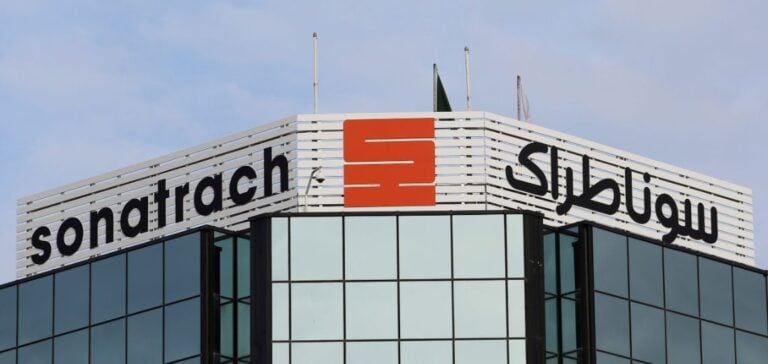Relations between Algeria and Niger are improving after a period marked by diplomatic disagreements. In this context, Sonatrach, Algeria’s state-owned oil company, has announced an ambitious project to build a refinery and a petrochemical complex in the southwestern city of Dosso, Niger.
A delegation of Sonatrach experts was recently welcomed by Sahabi Oumarou, Niger’s Minister of Petroleum. This visit, spanning a week of discussions, aims to establish the foundation for this strategic partnership. According to Sonatrach’s statement, this initiative reflects Algeria’s commitment to helping Niger transform its natural resources into sustainable development opportunities.
Training and skills transfer
As part of this collaboration, Sonatrach has also announced training programs for Nigerien engineers and technicians. These professionals will receive specialized training in Algerian refineries under the supervision of experts from the Algerian Petroleum Institute (IAP).
The planned refinery in Dosso will initially have a capacity of 30,000 barrels per day, expandable to 100,000 barrels per day. This project is expected to meet local energy needs while creating jobs and attracting foreign investment, thereby contributing to Niger’s energy sovereignty and economic growth.
A complex diplomatic context
Relations between Algiers and Niamey were strained following the military coup of July 26, 2023, which ousted President Mohamed Bazoum. Algeria had proposed mediation to restore constitutional order, an initiative that caused misunderstandings, particularly regarding its acceptance by Nigerien military authorities.
The migration crisis also fueled tensions, with allegations of violent treatment of migrants at the border between the two countries. However, bilateral relations have gradually improved, notably after Niger’s Prime Minister, Ali Mahaman Lamine Zeine, led an official visit to Algeria in August 2024.
Prospects for the oil sector
Sonatrach has also strengthened its presence in the Kafra oil field, a 23,737 km² block in Niger. Two wells drilled on this site are expected to increase Niger’s national oil production, estimated at 90,000 barrels per day. This development underscores the importance of energy cooperation between the two countries, which could pave the way for additional joint projects.





















